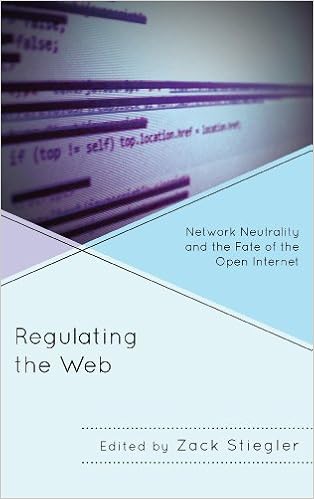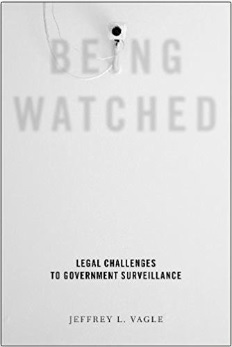 The Brooklyn Law School Library New Books List for March 1, 2018 is out with 40 print titles and 17 e-book titles. One of the titles is the 151-page volume Being Watched: Legal Challenges to Government Surveillance by Jeffrey L. Vagle, Lecturer in Law at the University of Pennsylvania Law School. The nine chapters (You Are Being Watched; A History of Government Surveillance; Getting through the Courthouse Door; The Doctrine of Article III Standing; Before the Supreme Court; Government Surveillance and the Law; The Legacy of Laird v. Tatum; Technology, National Security, and Surveillance; and The Future of Citizen Challenges to Government Surveillance) tell a riveting history of the Supreme Court decision that set the legal precedent for citizen challenges to government surveillance, particularly the case of Laird v. Tatum, 408 U.S. 1 (1972). There the Supreme Court considered the question of who could sue the government over a surveillance program, holding in a 5-4 decision that chilling effects arising “merely from the individual’s knowledge” of likely government surveillance did not constitute adequate injury to meet Article III standing requirements. The book also discusses a more recent case where the ACLU challenged the constitutionality of the FISA Amendments Act over surveillance of American citizens and residents. That Supreme Court case, Clapper v. Amnesty International USA (2013), was one where the Court held that the District Court for the Southern District of New York was correct ruling that the plaintiffs had no standing to bring their case before any federal court.
The Brooklyn Law School Library New Books List for March 1, 2018 is out with 40 print titles and 17 e-book titles. One of the titles is the 151-page volume Being Watched: Legal Challenges to Government Surveillance by Jeffrey L. Vagle, Lecturer in Law at the University of Pennsylvania Law School. The nine chapters (You Are Being Watched; A History of Government Surveillance; Getting through the Courthouse Door; The Doctrine of Article III Standing; Before the Supreme Court; Government Surveillance and the Law; The Legacy of Laird v. Tatum; Technology, National Security, and Surveillance; and The Future of Citizen Challenges to Government Surveillance) tell a riveting history of the Supreme Court decision that set the legal precedent for citizen challenges to government surveillance, particularly the case of Laird v. Tatum, 408 U.S. 1 (1972). There the Supreme Court considered the question of who could sue the government over a surveillance program, holding in a 5-4 decision that chilling effects arising “merely from the individual’s knowledge” of likely government surveillance did not constitute adequate injury to meet Article III standing requirements. The book also discusses a more recent case where the ACLU challenged the constitutionality of the FISA Amendments Act over surveillance of American citizens and residents. That Supreme Court case, Clapper v. Amnesty International USA (2013), was one where the Court held that the District Court for the Southern District of New York was correct ruling that the plaintiffs had no standing to bring their case before any federal court.
The book is a fascinating and disturbing story of jurisprudence related to the issue of standing in citizen challenges to government surveillance in the United States. It examines the facts of surveillance cases and the reasoning of the courts who heard them, and considers whether the obstacle of standing to surveillance challenges in U.S. courts can ever be overcome. The author examines the history of military domestic surveillance, tensions between the three branches of government, the powers of the presidency in times of war, and the power of individual citizens in the ongoing quest for the elusive freedom-organization balance. It is essential reading for every American citizen. It explains all the legalities and the methods government uses to surveil citizens.

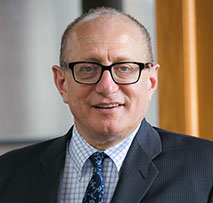

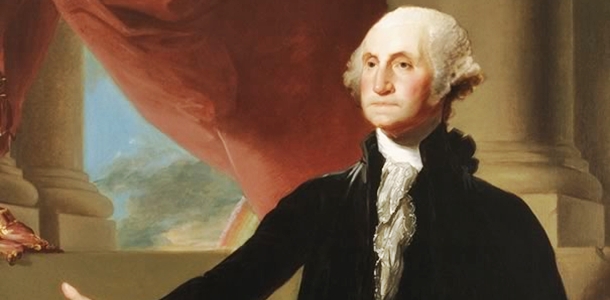
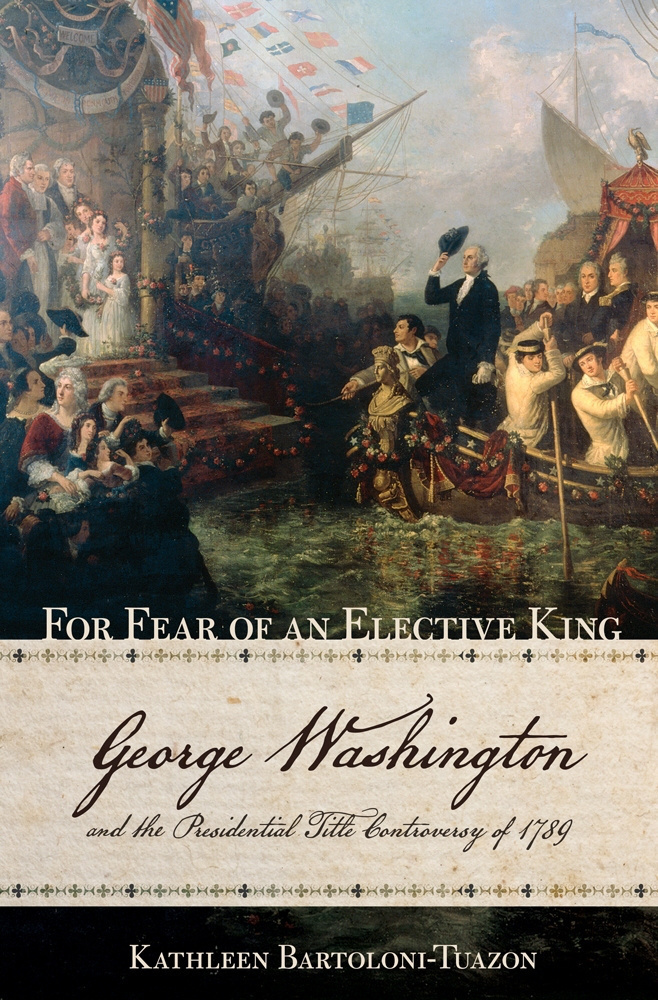
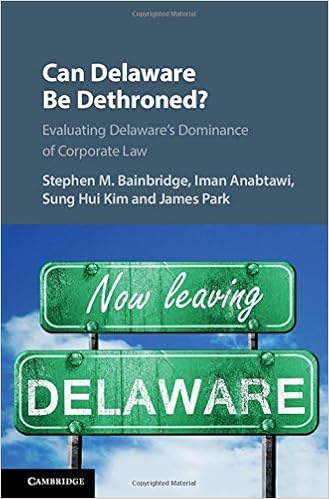 Among the February 1, 2017
Among the February 1, 2017  The right of same-sex couples to marry triggered decades of intense conflict before the U.S. Supreme Court upheld it in the 2015 decision
The right of same-sex couples to marry triggered decades of intense conflict before the U.S. Supreme Court upheld it in the 2015 decision 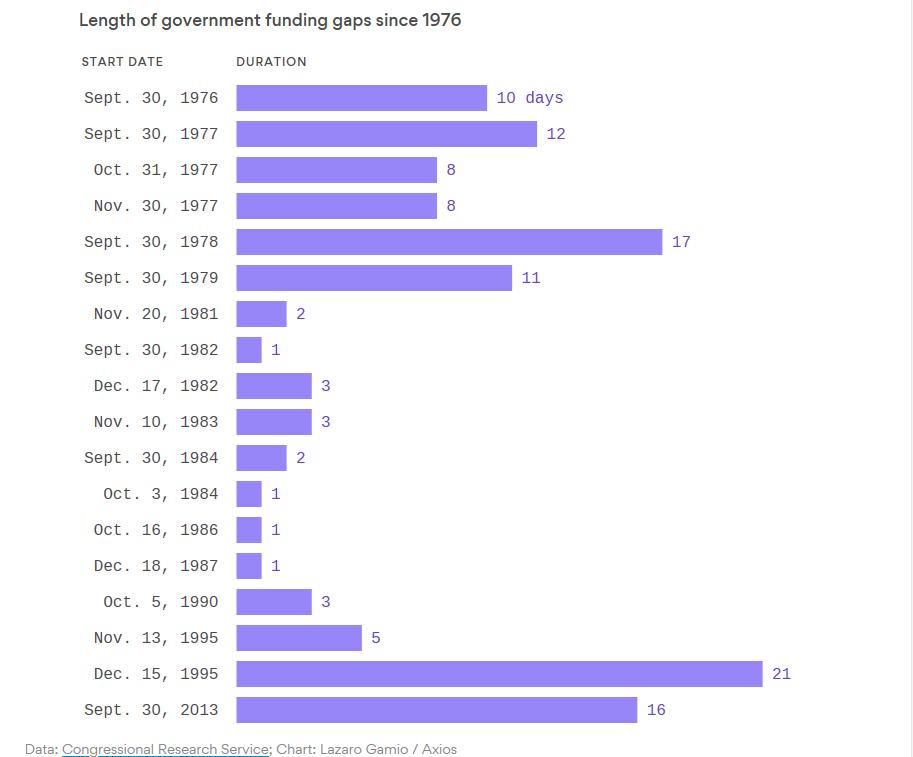

 When Cicero was attacking the corrupt governor Gaius Verres (see Brooklyn Law School Library’s 2011 e-book
When Cicero was attacking the corrupt governor Gaius Verres (see Brooklyn Law School Library’s 2011 e-book 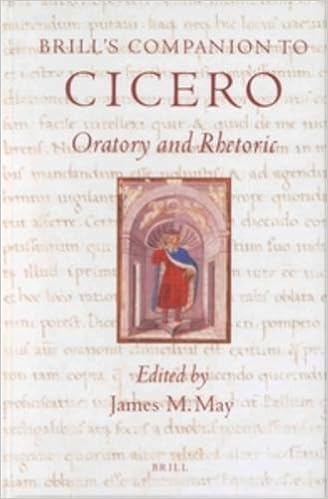 For more, see Brooklyn Law School Library’s 2002 e-book
For more, see Brooklyn Law School Library’s 2002 e-book  Brooklyn Law School Library’s e-book collection has a great title for this time of year:
Brooklyn Law School Library’s e-book collection has a great title for this time of year: 